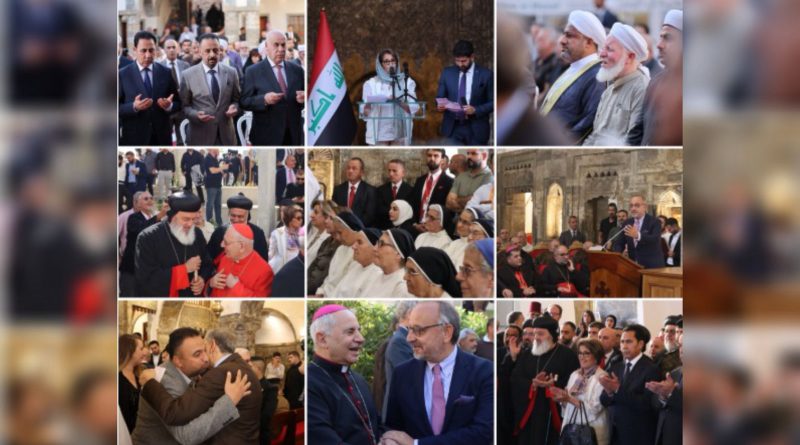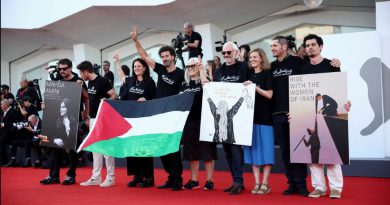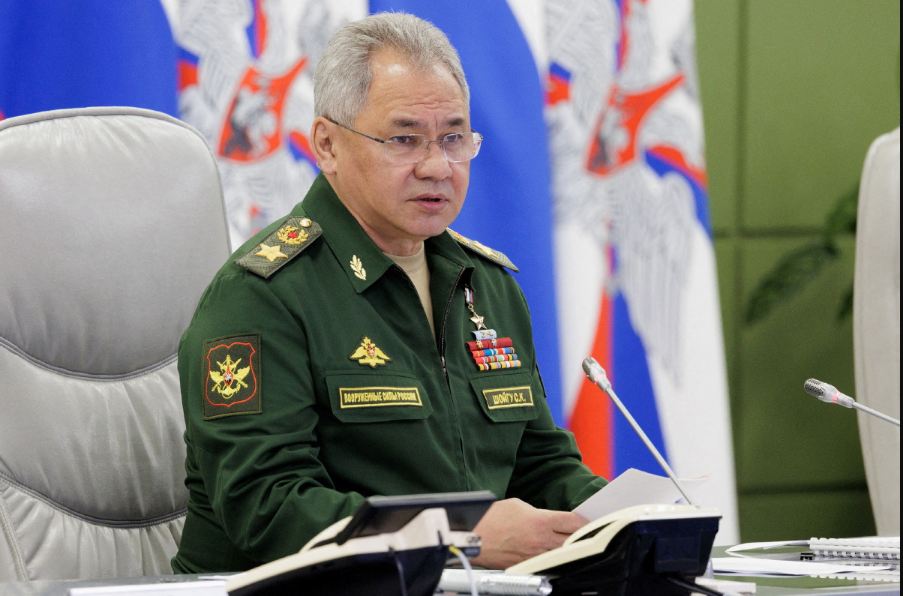Mosul’s Mosque and Churches Restored After Years of War Damage
Mosul – Three historic places of worship in Mosul’s Old City — the Al-Raabiya Mosque, the Mar Toma Syriac Orthodox Church, and the Al-Tahira Chaldean Church — have been restored after years of devastation during the war against Daesh, in a landmark effort to revive the city’s cultural heart.
The sites were inaugurated on Wednesday in the presence of Iraq’s Minister of Culture, Tourism and Antiquities, the President of the Sunni Waqf, the Governor of Nineveh, and the Chaldean and Syriac Orthodox archbishops. Local residents joined representatives of international partners who helped fund and carry out the restoration.
The projects were financed by the International Alliance for the Protection of Heritage in Conflict Areas (ALIPH) as part of its Mosul Mosaic programme, launched in 2019 with the Iraqi State Board of Antiquities and Heritage (SBAH). The initiative aims to rebuild the city’s cultural and religious landmarks destroyed between 2014 and 2017.
“These monuments, once symbols of Mosul’s diversity, now stand as symbols of its resilience,” said Bariza Khiari, chair of the ALIPH Foundation Board. “Their restoration shows what can be achieved through determination and cooperation.”
The Al-Tahira Chaldean Church, an 18th-century site revered by both Christians and Muslims, has regained its signature dome and ornamental carvings that were lost during the Daesh occupation.
The Mar Toma Syriac Orthodox Church, dating back to the seventh century, was rebuilt after being vandalised and partially destroyed during the battle for Mosul. Its thirteenth-century marble “Door of the Twelve Apostles” has been fully restored.
The Al-Raabiya Mosque, constructed in 1766 and badly damaged in 2017, now once again displays its distinctive Ottoman-era stone mihrab decorated with geometric motifs.
Since 2018, ALIPH has funded nearly 50 projects across Iraq, investing more than $25 million in Mosul alone. The Mosul Mosaic programme has also supported the rehabilitation of the city’s museum, scheduled to reopen in 2026, and several other historic sites including the Al-Masfi Mosque and the Beit al-Tutunji House.
Founded in Geneva in 2017, ALIPH supports the protection and restoration of cultural heritage in conflict zones. Backed by countries including the UAE, Saudi Arabia, Kuwait, Morocco, and France, the foundation has financed more than 550 projects in 54 countries.
For the people of Mosul, the reopening of these sacred sites represents more than reconstruction. It marks, at last, the return of life to the city’s war-scarred heart.



